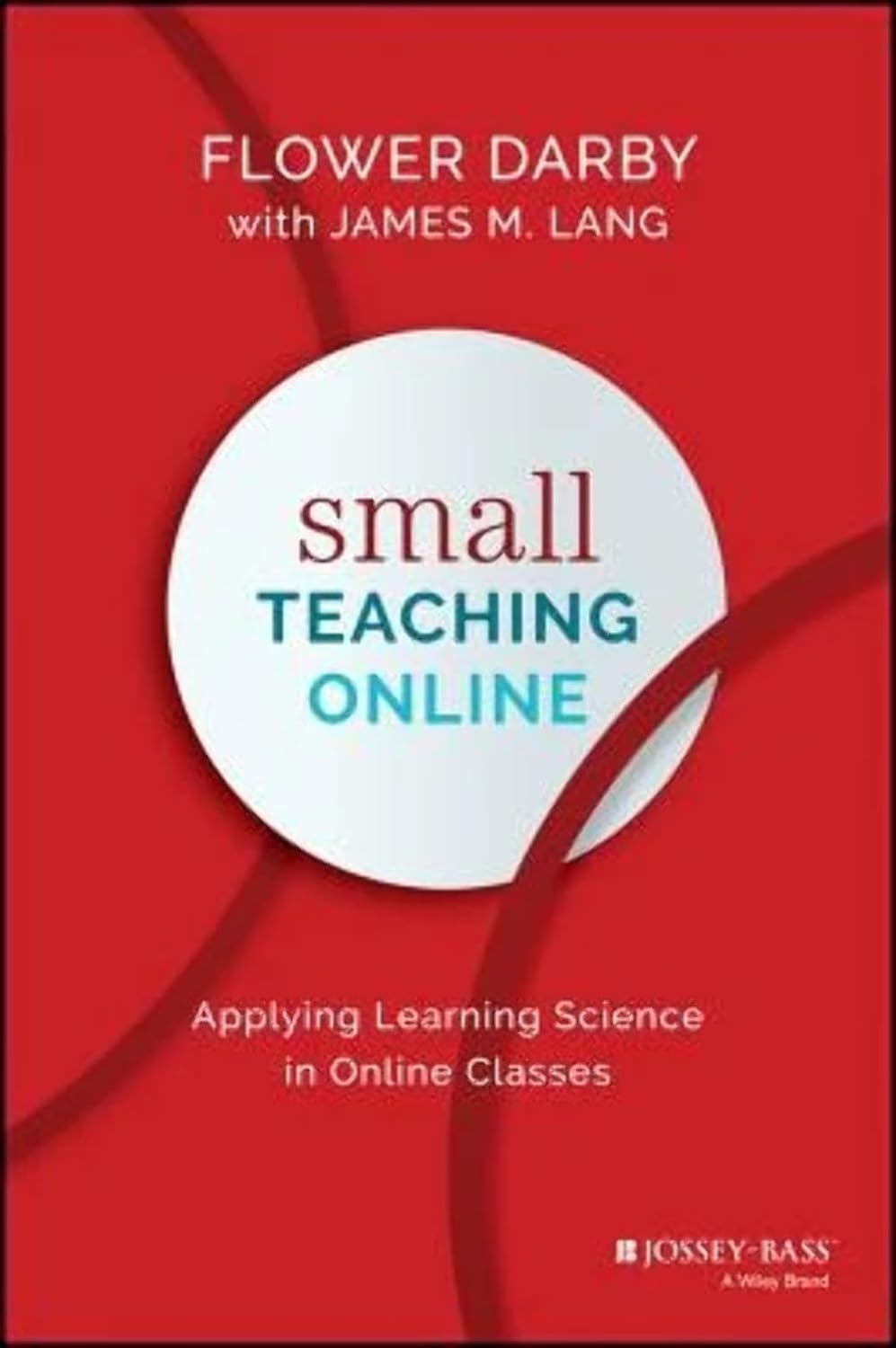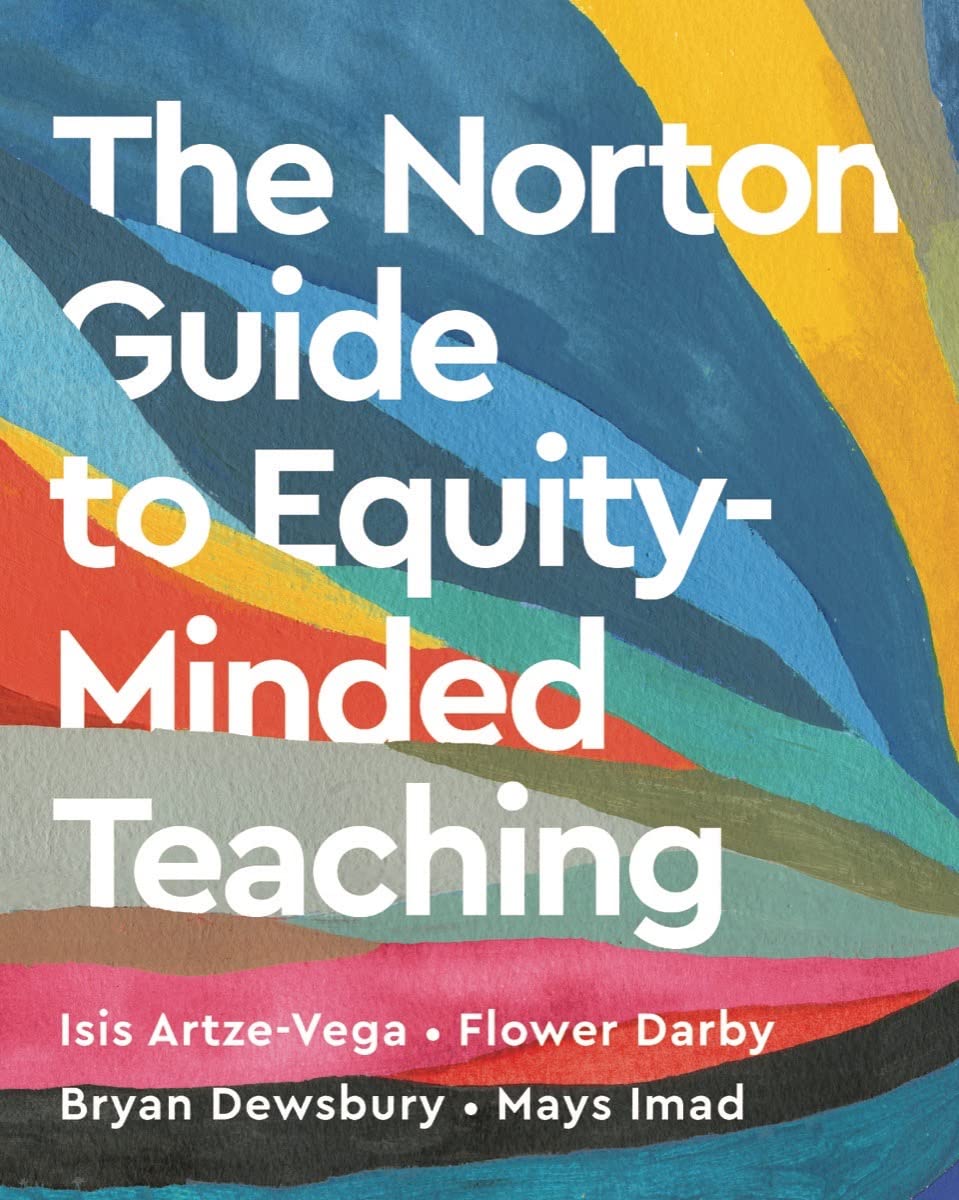Internationally Sought-After Author & Speaker on Equity-Minded Teaching Online & In Person
Flower Darby celebrates and promotes effective teaching in all modalities to advance equitable learning outcomes for all students. She’s an Associate Director of the Teaching for Learning Center at the University of Missouri. Prior to that, she held roles such as Assistant Dean of Online and Innovative Pedagogies and Director of Teaching for Student Success. These roles have allowed her to build on her experience teaching in person and online for over 28 years in a range of subjects including English, technology, education, leadership, dance, and Pilates. In her current work and publications, Darby empowers faculty to teach inclusive and equity-focused classes in all modalities. She is the lead author (with James M. Lang) of Small Teaching Online: Applying Learning Science in Online Classes and a co-author of The Norton Guide to Equity-Minded Teaching. Her new book, The Joyful Online Teacher: Finding Our Fizz in Asynchronous Online Classes, comes out Spring 2026. An internationally sought-after keynote speaker, Darby has spoken at universities, colleges, and education conferences across the U.S. and internationally.
Darby presents on a wide range of timely and relevant topics related to evidence-based best practices to promote equitable and inclusive student learning and success in in-person classes, online classes, and everything in between. She can create a flipped experience for participants or otherwise tailor her presentations and workshops to best meet and event sponsor’s needs and help achieve the goals for the event. Committed to making her time with attendees as meaningful as possible, Darby welcomes prior discussion of ideas, specific topics and/or formats.
About Flower Darby’s Books:
The concept of small teaching is simple: small and strategic changes have enormous power to improve student learning. Instructors face unique and specific challenges when teaching an online course. Small Teaching Online offers small teaching strategies that will positively impact the online classroom. It outlines practical and feasible applications of theoretical principles to help online students learn and includes current best practices around educational technologies, strategies to build community and collaboration, and minor changes that can be made in online teaching practice, small but impactful adjustments that result in significant learning gains.
The Norton Guide to Equity-Minded Teaching offers concrete steps to help any instructor striving to ensure that all students—and, in particular, historically underserved students—have an equal chance for success. The book is packed with actionable tips, grounded in research, for teaching classes online, in person, and everywhere in between.
Praise for Flower Darby’s Presentations:
“Flower’s presentation on empowering students by teaching with AI was highly accessible, energetic, provocative and useful. Some faculty attendees shared that they now felt more encouraged to “go try GenAI out for themselves” rather than being intimidated or overwhelmed.”
—E. Shelley Reid, Ph.D., Executive Director of Engaged Teaching
Stearns Center for Teaching and Learning, George Mason University
“Flower Darby’s workshop helped UTC faculty develop a framework for getting their heads around this new technology and begin thinking about how to create AI-informed assignments for the upcoming semester. The feedback we received from attendees was overwhelmingly positive, and many stated that they felt more equipped to approach the classroom this semester in the midst of what is proving to be a major paradigm shift for higher education. We’re grateful for Flower’s expertise, and we were quick to book her follow-up workshop!”
—Victoria M. Bryan, PhD, Director of the Walker Center for Teaching and Learning
University of Tennessee at Chattanooga
“Flower Darby provided an excellent closing plenary at the Universities of Wisconsin OPID Spring Conference on Teaching & Learning. Her presentation set a positive and joyful tone to our annual systemwide conference, sending educators home with many ideas to consider.”
—Fay Yokomizo Akindes, Ph.D.,
Director, Systemwide Professional & Instructional Development (OPID)
Universities of Wisconsin




